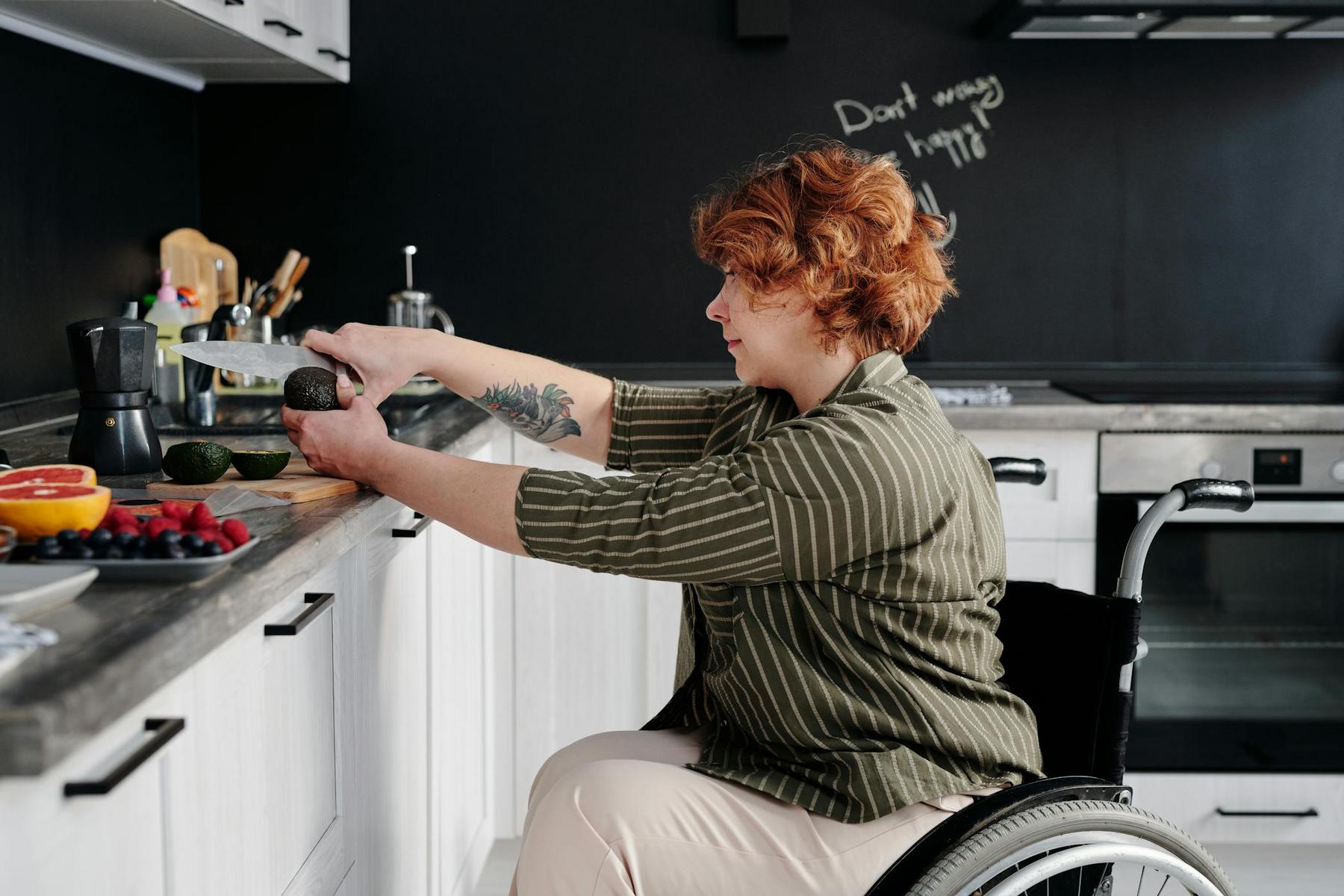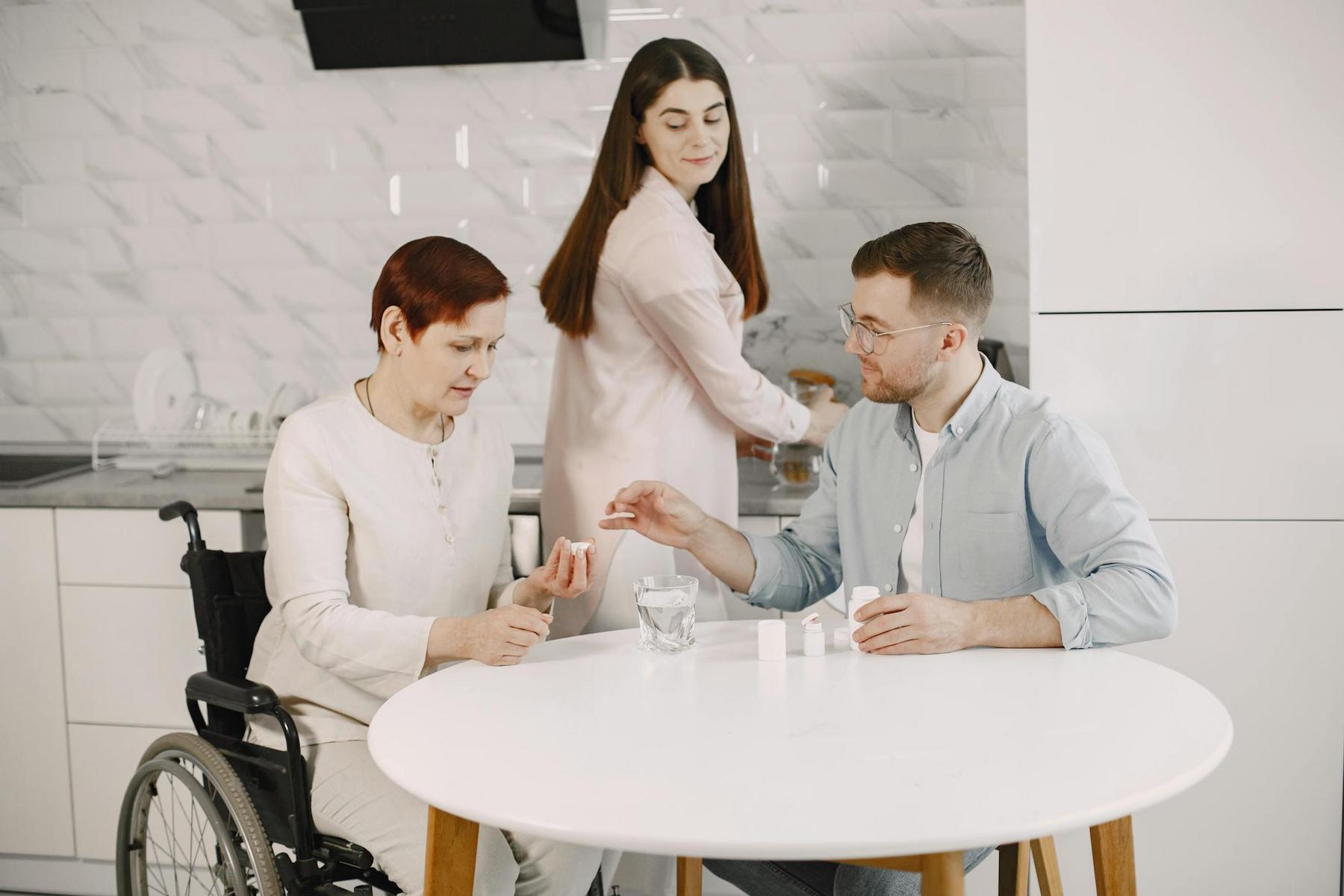Navigating the Journey to Independence with Supported Living
The path to independence for individuals with disabilities can be filled with both hope and uncertainty. For many families in Cairns, the challenge lies in balancing autonomy with the right level of support. Supported Independent Living (SIL) empowers individuals to exercise choice and control over their daily lives while receiving the care they need.
What Exactly Is Supported Independent Living and How Does It Work?
Supported Independent Living refers to NDIS-funded supports that help participants with significant functional impairments manage daily tasks and develop independent living skills. Operating within a person-centred framework, SIL focuses on individual choice in housing arrangements, daily routines, and community participation. It is important to note that SIL funds the support services rather than the accommodation itself, which may be covered under Specialist Disability Accommodation (SDA).
SIL can be delivered through several living models such as shared living environments, individual tenancies with visiting or live-in support, and hybrid models that adapt over time to changing needs.
Who Is Eligible for Supported Independent Living and How Is It Funded?
Eligibility for SIL under the National Disability Insurance Scheme (NDIS) requires that participants demonstrate a need for substantial daily living assistance. A comprehensive needs assessment determines the hours of support required, and funding is allocated through a participant-directed model. The process includes plan approval, provider selection, and the signing of a service agreement that outlines support details. Funding tiers—Basic, Standard, or Complex—reflect the intensity of assistance needed, sometimes with participants contributing a portion of costs towards accommodation.
What Services Are Included in Supported Independent Living Arrangements?
SIL services encompass a diverse range of supports tailored to individual needs:
- Daily Living Support: Personal care, meal preparation, medication management, and household maintenance.
- Skill Development Programs: Training in financial literacy, public transport navigation, community engagement, and life skills such as cooking.
- Crisis Management Systems: 24/7 on-call support, emergency protocols, and behavioural support.
These services not only address day-to-day requirements but also focus on skill development to enhance long-term autonomy.
How Do You Choose the Right Supported Independent Living Provider?
Choosing the ideal SIL provider involves evaluating several key factors:
- Staff Competencies: Specialized training and cultural sensitivity.
- Service Flexibility: Customizable support hours and programs to meet evolving needs.
- Quality Assurance: NDIS registration and reliable incident reporting.
- Location & Environment: Proximity to essential community services and appropriate housing conditions.
- Track Record: Experience with similar support needs.
Careful consideration, site visits, and direct meetings with support staff can help ensure that the provider’s approach aligns with the participant’s lifestyle and needs.
What Makes Supported Independent Living in Cairns Unique?
Cairns offers distinctive SIL considerations due to its tropical climate and cultural diversity. Providers must incorporate cyclone preparedness, flood-proof housing designs, and culturally appropriate communication techniques. These local nuances require tailored support strategies to ensure safety, health, and community integration for all participants.
How Is Technology Transforming Supported Independent Living?
Advancements in technology are revolutionizing how SIL is delivered. Assistive devices such as smart home systems, medication management tools, and telehealth services are increasingly integrated into care models. Moreover, virtual reality modules and dedicated apps for routine management are enhancing participants’ independence, allowing them greater control over their daily environments.
Understanding the Transition to Supported Independent Living
The transition to SIL is a carefully structured process involving pre-move assessments, phased relocation, and post-move stabilization. Initial preparations include orientation programs and environmental compatibility trials, followed by ongoing reviews to ensure that the support remains effective and responsive to changing needs.
Embracing Independence Through Supported Living
Supported Independent Living offers a path to greater autonomy and quality of life. By demystifying the frameworks, funding models, and implementation strategies, participants and their families in Cairns can confidently navigate this journey. The core focus remains on dignity, individual choice, and maximizing potential through personalized support.
Can I choose who I live with in a Supported Independent Living arrangement?
Yes, participant choice is central to SIL. While factors such as availability and compatibility are considered, many providers arrange meet-and-greet sessions to ensure that housemate selections align with individual preferences.
How is Supported Independent Living different from living in a group home?
While both options offer supported accommodation, SIL emphasizes greater personalization and individual choice. Unlike group homes, SIL separates housing from support services, allowing for more flexible and tailored arrangements.
Can I still access other NDIS supports while receiving SIL funding?
Absolutely. SIL funding is specifically designated for accommodation support, while participants can continue to access other NDIS supports, such as therapy, assistive technologies, or community participation programs.
How often are SIL arrangements reviewed?
NDIS typically undertakes formal plan reviews annually, though many SIL providers conduct additional internal reviews—often quarterly during the initial phases—to ensure that the support services remain appropriate and effective.
What happens if I’m unhappy with my SIL arrangement or provider?
Participants have the right to change providers if their current arrangement is not meeting their needs. The NDIS framework supports this flexibility, and a Support Coordinator can assist with transitioning to a provider better suited to your requirements.



